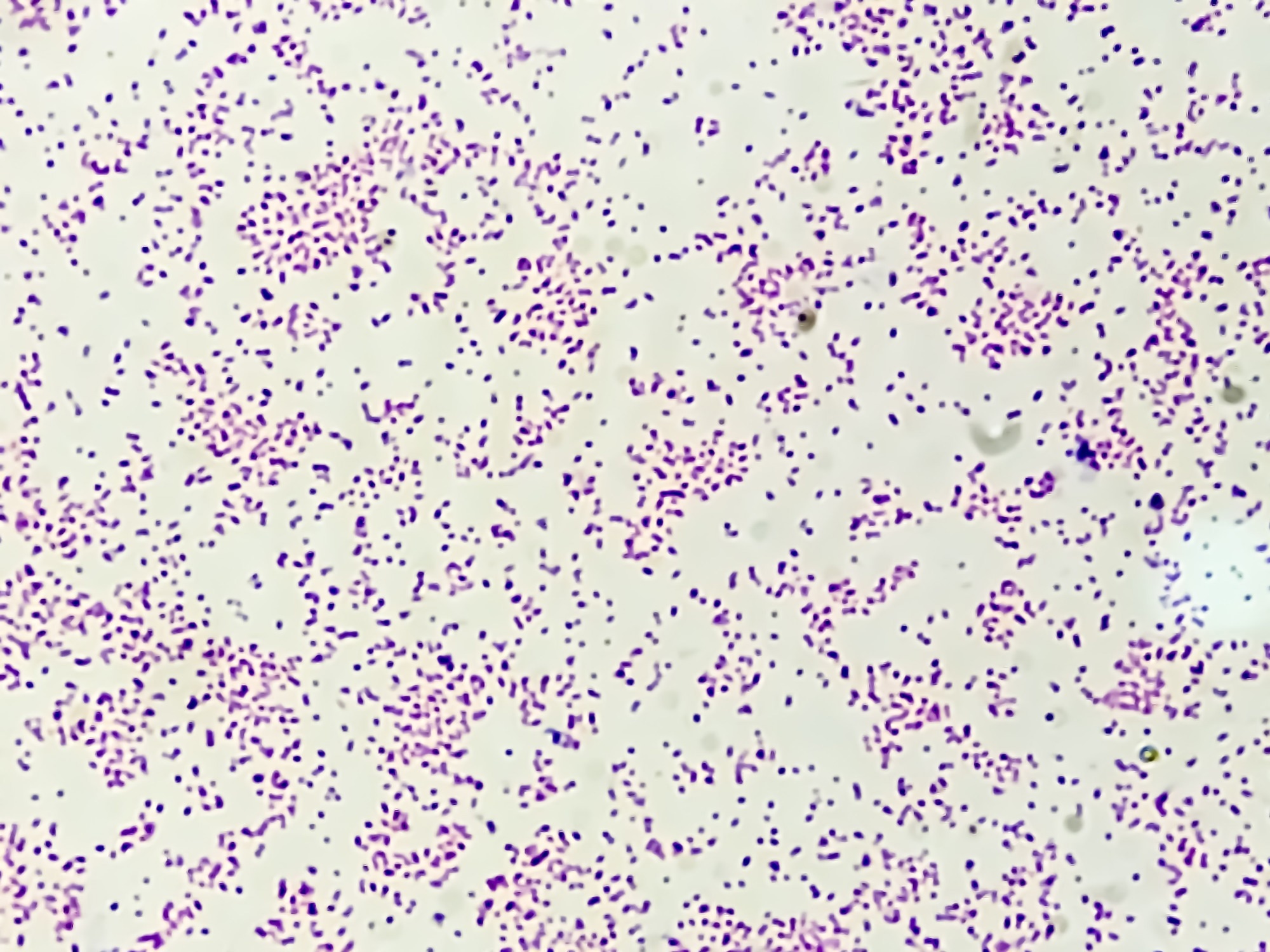AI for Good Summit 2025: Enabling AI for Health Innovation and Access
/digital-health-and-innovation-(dhi)/ai-for-good-summit--web-banner.png?sfvrsn=287af6f4_4)
Overview
At the AI for Good Summit 2025, the World Health Organization (WHO), in partnership with founding UN agencies of the Global Initiative on AI for Health (GI-AI4H) — including the International Telecommunication Union (ITU) and the World Intellectual Property Organization (WIPO) — will conduct a workshop titled “Enabling AI for Health Innovation and Access.” This session aims to advance standardized guidelines for Artificial Intelligence in Health (AI4H), strengthen cross-sector collaboration, and broaden engagement within the global health and AI communities.
The workshop will also provide an exclusive preview of WHO’s upcoming Technical Brief on AI in Traditional Medicine, scheduled for official launch on Centre Stage at 14:40 CEST.
Session Details
- Date: 11 July 2025 | 09:00 – 12:15
- Venue: Room Q, Palexpo, Route François-Peyrot 30, Geneva
- Access: Open session | In-person attendance
Workshop Objectives
- Promote responsible use of AI and its transformative potential in the public health sector, aligning with Sustainable Development Goals (SDGs) such as SDG 3 (Good Health and Well-being) and SDG 9 (Industry, Innovation, and Infrastructure).
- Facilitate critical discussions and debates at the intersection of research, innovation, and intellectual property to foster equitable access and ethical governance.
- Raise awareness of ongoing inter-UN agency efforts on AI for health, promoting global cooperation and knowledge sharing.
Workshop Highlights
- Strategy and Frameworks for AI in Health: Presentation of standards, policies, and guidance for responsible AI integration in health systems, emphasizing GI-AI4H’s role in driving global cooperation through standardized frameworks, knowledge-sharing, and pilot initiatives.
- Real-world AI-enabled Solutions: Showcasing AI applications addressing global health challenges, including large language models for conflict-zone triage, AI-driven diagnostics for non-communicable diseases (NCDs), and intellectual property commercialization pathways for health technologies.
- Intersection of AI and Intellectual Property Law: Discussion on the evolving legal landscape, ethical considerations, and strategies for managing intellectual property in the AI era to ensure innovation benefits are accessible and sustainable.
Expected Outcomes
- Increased visibility of GI-AI4H’s multidisciplinary efforts in addressing complex health challenges aligned with the SDGs.
- Empowered stakeholders inspired to advocate for the responsible and ethical use of AI in health systems worldwide.
- Successful introduction of technical standards, governance strategies, intellectual property commercialization pathways, and scalable AI health solutions to shape the future AI for health ecosystem.
AI for Health (AIH) Initiative by WHO
The World Health Organization recognizes the transformative potential of artificial intelligence to advance healthcare and meet global health challenges, directly contributing to the achievement of the Sustainable Development Goals (SDGs), particularly SDG 3 (Good Health and Well-being), SDG 10 (Reduced Inequalities), and SDG 17 (Partnerships for the Goals).
In response to the rapid technological advancements outpacing existing legal and ethical frameworks, WHO has launched the AI for Health (AIH) initiative to close this critical “pacing gap.”
Key Actions Under AI for Health Initiative
- Providing strategic guidance to Member States for the integration of AI into health systems to promote equitable and sustainable healthcare delivery.
- Developing global ethical standards for AI applications in health to ensure trustworthiness, inclusivity, and respect for human rights.
- Convening expert advisory groups and multi-sectoral stakeholders to foster collaboration across sectors and disciplines.
- Promoting responsible AI development that aligns with the principles of the SDGs, emphasizing innovation that benefits all populations.
- Fostering cross-sector collaboration to mitigate risks associated with AI and safeguard public health globally.
WHO envisions AI as a catalyst for innovation, equity, and ethical integrity in healthcare, supporting Member States to harness AI technologies for smarter, more sustainable, and people-centered health services worldwide, thereby accelerating progress towards the Sustainable Development Goals.
1. Sustainable Development Goals (SDGs) Addressed or Connected
- SDG 3: Good Health and Well-being
- The article focuses on advancing AI in health to improve healthcare delivery, emergency response, diagnostics, and access to care, directly contributing to SDG 3.
- SDG 9: Industry, Innovation, and Infrastructure
- The emphasis on AI innovation, ethical frameworks, and cross-sector collaboration relates to fostering innovation and building resilient infrastructure.
- SDG 17: Partnerships for the Goals
- The article highlights multi-sectoral collaboration, inter-UN agency efforts, and global partnerships to promote AI for health.
2. Specific Targets Under Those SDGs
- SDG 3 Targets
- 3.8: Achieve universal health coverage, including access to quality essential healthcare services.
- 3.d: Strengthen the capacity of all countries for early warning, risk reduction, and management of health risks.
- SDG 9 Targets
- 9.5: Enhance scientific research, upgrade technological capabilities, and encourage innovation.
- 9.c: Significantly increase access to information and communications technology and strive to provide universal and affordable access to the Internet.
- SDG 17 Targets
- 17.16: Enhance the global partnership for sustainable development, complemented by multi-stakeholder partnerships.
- 17.18: Enhance capacity-building support to developing countries to increase the availability of high-quality, timely, and reliable data.
3. Indicators Mentioned or Implied in the Article
- Indicators for SDG 3
- Proportion of population covered by health insurance or universal health coverage schemes (implied by focus on expanding access to care).
- Number of health emergencies effectively managed using AI-enabled systems (implied by AI enhancing emergency response and resource allocation).
- Indicators for SDG 9
- Number of AI health innovations developed and implemented (implied by AI-driven diagnostics and pilot initiatives).
- Existence and adoption of standardized AI frameworks and policies in health systems (implied by emphasis on governance and standards).
- Indicators for SDG 17
- Number of multi-sectoral partnerships and collaborations established for AI in health (implied by inter-UN agency cooperation and stakeholder engagement).
- Availability of global technical standards and ethical guidelines for AI in health (implied by WHO’s development of global ethical standards and technical briefs).
4. Table of SDGs, Targets, and Indicators
| SDGs | Targets | Indicators |
|---|---|---|
| SDG 3: Good Health and Well-being |
|
|
| SDG 9: Industry, Innovation, and Infrastructure |
|
|
| SDG 17: Partnerships for the Goals |
|
|
Source: who.int







